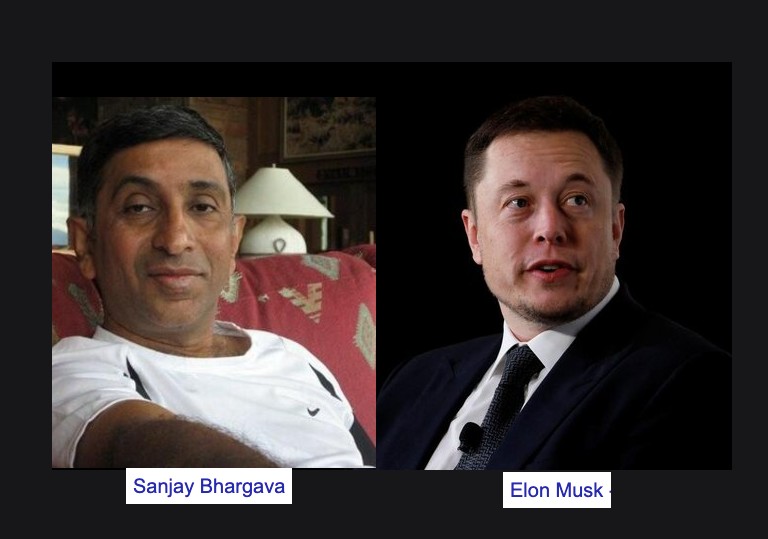There can be no doubt that the new digital age has brought in greater transparency and allowed for openness, especially in money transactions and business exchanges. It has cut down scope for underhanded deals and suspicious trade practices which were very much the norm in older days.
Today, you can buy vegetables online and pay your street corner tea vendor through your phone. In fact, cash transactions have dwindled hugely at the grassroots level and so has the risk elemental in cash exchanges. You can pay someone or get paid by someone in another city or another country with just a click.
However, all this has happened at the cost of not just corporate, but also individual privacy. Your food habits, dress habits, physical details or personal preferences in entertainment, leisure or even friendship may have already become common knowledge and you may not even know it. Cyber crime is a very dangerous offshoot of digitization and no one can claim to be immune as long as one uses a cell phone, a desktop, a tablet or any device that allows access to the web.
Personal data belonging to 73 million current or former AT&T customers has been leaked online, according to a recent BBC report. Information including addresses, social security numbers and passcodes was published on the dark web, the US te122lecoms giant said. AT&T said it had not identified evidence indicating the data had been stolen but had brought in cybersecurity experts to investigate.
The company said it had reset customers’ passcodes. The data involved in the breach appears to be from 2019 or earlier and is linked to 7.6 million customers and 65.4 million former account holders. It also includes information such as full names, email addresses and dates of birth, though AT&T said financial information had not appeared in the leak.
In a startling revelation, cybersecurity firm CloudSEK has unveiled a massive security breach exposing personal information of an astonishing 750 million people in India. This breach includes vital details such as names, mobile numbers, addresses, and Aadhaar information. This extensive database, amounting to a staggering 1.8 terabytes, is being sold by threat actors from CyboDevil and UNIT8200.
The breach was made public on January 23, 2024, when CloudSEK’s AI digital risk platform, XVigil, detected a post by CyboDevil on an underground forum advertising the Indian Mobile Network Consumer Database. UNIT8200 had previously offered similar data on Telegram on January 14, 2024.
Taking a cue from the LIC ad “Zindagi ke saath bhi aur zindagi ke baad bhi” now it is “Zindagi ke andar bhi”. So next time you order pizza online or that fancy dress from Myntra online, be warned that you have an audience watching that you can’t see.





